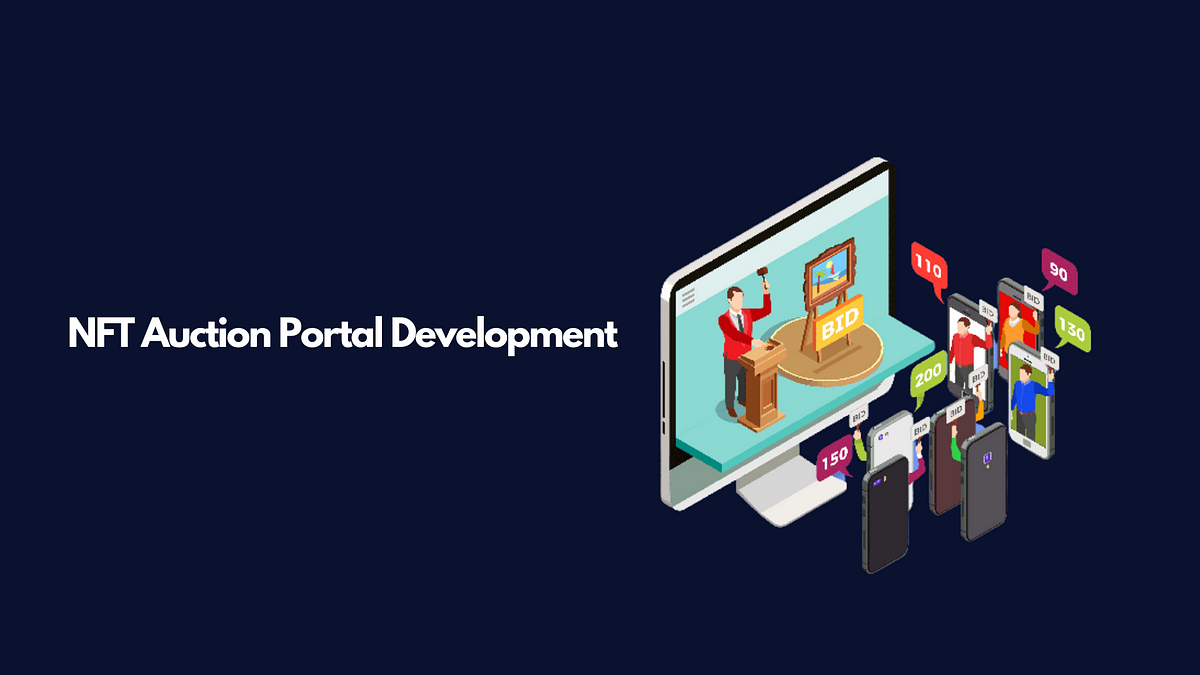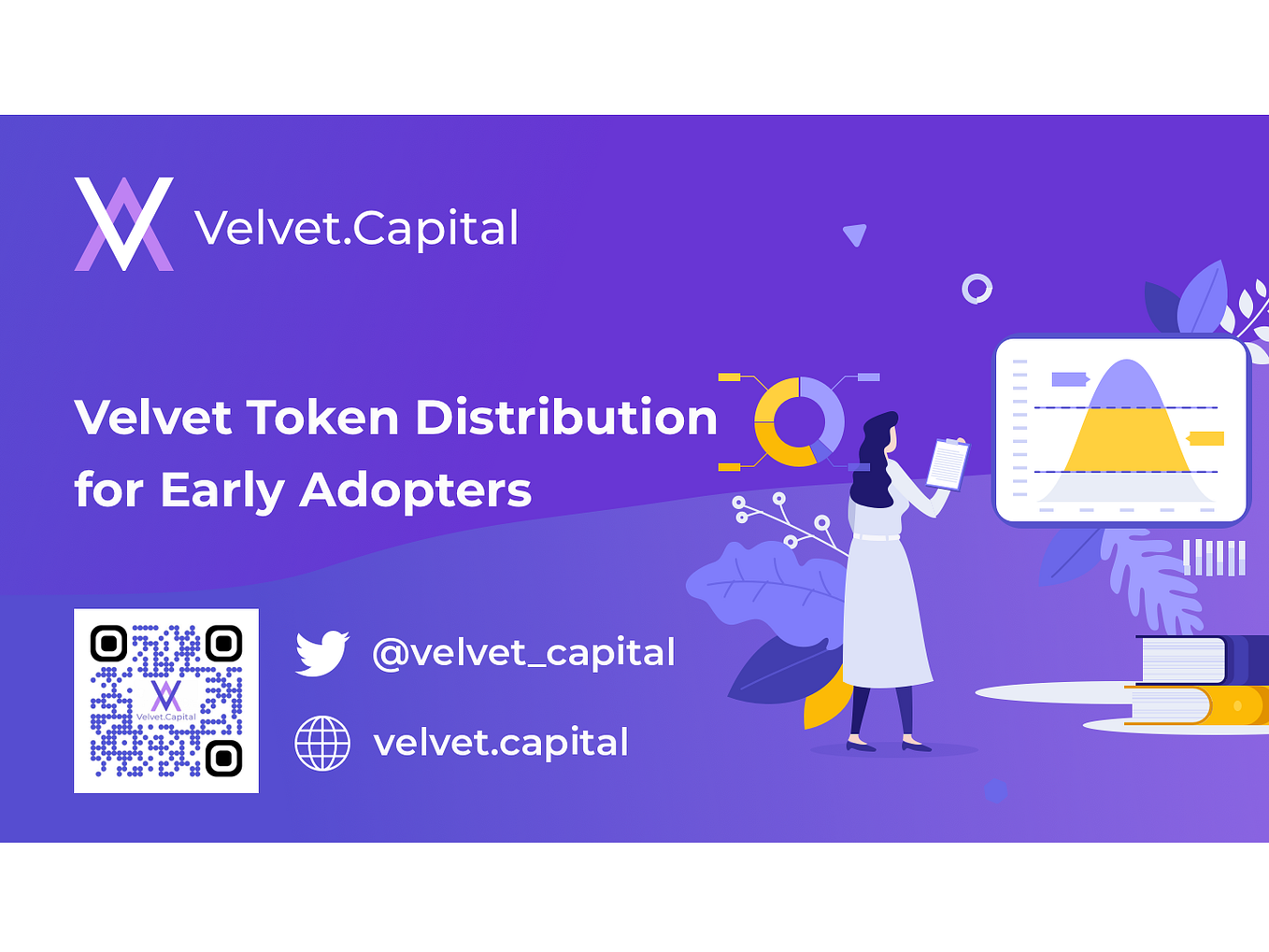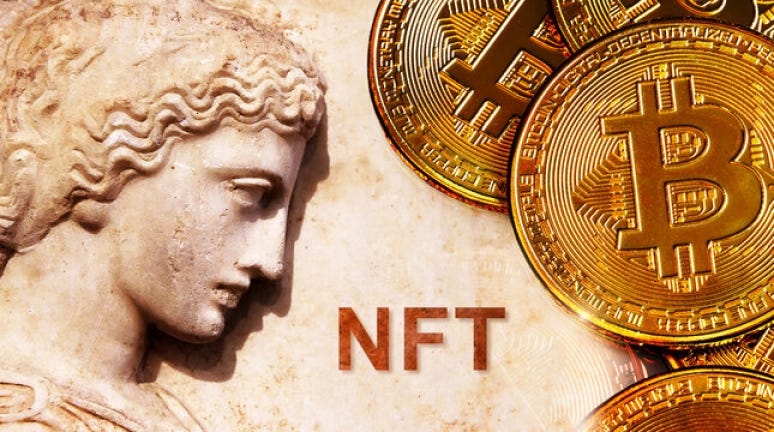NFT Auction Portal Development: Revolutionizing Digital Asset Exchange with Advanced NFT Auction Sof
 In the swiftly evolving digital landscape, non-fungible tokens (NFTs) have surfaced as a transformative technology, reshaping the dynamics of ownership and trade for unique digital assets. One pivotal aspect contributing to the surge in NFT popularity is the establishment of NFT auction platforms.
In the swiftly evolving digital landscape, non-fungible tokens (NFTs) have surfaced as a transformative technology, reshaping the dynamics of ownership and trade for unique digital assets. One pivotal aspect contributing to the surge in NFT popularity is the establishment of NFT auction platforms.
This comprehensive blog post will delve into the intricacies of NFT auction platform development, elucidating its functionalities, revenue models, features, benefits, and the associated development costs.
Understanding NFT Auction Portals
Before we dive into the intricacies, let’s unravel the essence of an NFT auction portal. In simple terms, it is a specialized online marketplace facilitating the buying and selling of NFTs through an auction-based model. Unlike traditional e-commerce platforms, NFT auction portals leverage blockchain technology to authenticate and verify the ownership and uniqueness of digital assets.
How NFT Auction Portals Operate
Understanding the intricate workings of NFT auction portals is crucial for anyone delving into the realm of digital asset trading. NFT auction portals operate on a sophisticated foundation, combining blockchain technology, smart contracts, and user-friendly interfaces to create a seamless experience for buyers and sellers. Let’s break down the key components that define how NFT auction portals function:
1. Blockchain Integration
At the core of NFT auction portals is their integration with blockchain networks. This integration ensures transparency, security, and immutability. Each NFT undergoes a process of tokenization, where it is linked to a unique identifier on the blockchain, establishing an indisputable ownership record.
2. Smart Contracts
Smart contracts are the digital agreements that govern the rules of the auction. They automate the entire bidding process, execute transactions, and facilitate the transfer of ownership once the auction concludes. By eliminating the need for intermediaries, smart contracts enhance the efficiency and trustworthiness of the auction.
3. Bid Mechanism
The bid mechanism is the heartbeat of NFT auction portals. Participants can place bids on NFTs they desire, creating a competitive environment. The highest bidder at the end of the auction secures ownership of the digital asset. Real-time bid updates and notifications keep participants engaged throughout the auction process.
4. Verification and Authentication
Ensuring the legitimacy of NFTs is paramount. NFT auction portals incorporate robust verification and authentication mechanisms to validate the authenticity of digital assets. This process guarantees that buyers acquire genuine, one-of-a-kind digital assets.
5. Payment Integration
The integration of secure and seamless payment gateways is fundamental to the operation of NFT auction portals. These gateways allow users to make transactions using cryptocurrency, enhancing the overall user experience and adding a layer of privacy to financial transactions.
6. Secondary Market Integration
Some NFT auction portals go beyond the initial auction event and facilitate secondary markets. In these markets, users can continue to trade NFTs, adding liquidity to the NFT ecosystem. This feature extends the lifespan of digital assets and provides users with ongoing opportunities for buying and selling.
Revenue Models for NFT Auction Portals
As the popularity of NFTs continues to soar, the sustainable growth of NFT auction portals relies heavily on effective revenue models. These models not only ensure the viability of the platform but also provide avenues for innovation and expansion. Let’s delve into the diverse revenue models that underpin NFT auction portals:
1. Commission Fees
Commission fees constitute a fundamental revenue stream for NFT auction platforms. Typically, these platforms charge a percentage of the final sale price as a commission fee. This model aligns the platform’s success with the success of NFT sales, creating a symbiotic relationship between the platform and its users.
2. Listing Fees
Some NFT auction portals impose listing fees on sellers. These fees, paid upfront, contribute to the platform’s revenue stream. Beyond financial benefits, listing fees serve as a mechanism to filter out low-quality or spam listings, ensuring a higher standard of digital assets on the platform.
3. Premium Services
NFT auction portals often offer premium services to users seeking enhanced visibility and opportunities. These services, such as featured listings, promoted auctions, or increased visibility, come at an additional cost. Sellers, in turn, gain the advantage of maximizing exposure for their NFTs, creating a win-win scenario for both parties.
4. Subscription Plans
To cater to users desiring advanced features and exclusive access, NFT auction portals may introduce subscription plans. Users opting for these plans gain access to analytics, advanced features, and exclusive auctions. This subscription-based revenue model not only provides additional income but also fosters a loyal user base.
5. White-label solutions
NFT auction platforms may extend their reach and revenue by licensing their technology to other businesses. Through white-label solutions, businesses can create their own branded auction portals. Licensing fees and revenue-sharing arrangements with these businesses contribute to the platform’s financial sustainability.
6. Collaboration and Partnerships
Strategic collaborations and partnerships with artists, influencers, or brands can be a lucrative revenue stream. Exclusive NFT collaborations resulting from such partnerships can attract more users to the platform. Revenue is generated through joint marketing efforts and profit-sharing agreements, creating a dynamic and mutually beneficial ecosystem.
Features and Advantages of NFT Online Auction Bidding Software
In the dynamic landscape of NFTs, the success of an online auction platform hinges on its ability to offer cutting-edge features and deliver tangible advantages to users. The NFT online auction bidding software is designed to provide a seamless and immersive experience for both buyers and sellers. Let’s explore the standout features and advantages that set this software apart:
1. Immutable Ownership Records
At the core of NFT online auction bidding software is the assurance of immutable ownership records. Blockchain technology guarantees that once an NFT is created, its ownership history remains unalterable. This transparency establishes a clear and trustworthy record of ownership for every digital asset.
2. Decentralized Nature
NFT auction portals leverage decentralized networks, reducing the risk of fraud and eliminating central authority control. This decentralized nature ensures a trustless ecosystem where users can confidently engage in buying and selling unique digital assets without the need for intermediaries.
3. Interoperability
NFT online auction bidding software allows for seamless interoperability. NFTs can be effortlessly transferred between different platforms, expanding market reach and enhancing liquidity. This feature opens up new possibilities for users, enabling them to explore a broader spectrum of opportunities within the NFT ecosystem.
4. Fractional Ownership
Innovative NFT auction platforms enable users to partake in fractional ownership of high-value NFTs. This democratizes access to exclusive digital assets, making them more accessible to a broader audience of collectors and enthusiasts. Fractional ownership enhances inclusivity within the NFT marketplace.
5. Community Engagement
The social fabric of NFT online auction bidding software is woven through community engagement features. Forums, chat rooms, and user profiles foster a sense of belonging among NFT enthusiasts. This not only enhances the overall user experience but also contributes to the vibrant and collaborative nature of the NFT community.
6. User-Friendly Interface
A user-friendly interface is paramount in ensuring the success of NFT online auction bidding software. Intuitive design and navigation make it easy for both seasoned and novice users to engage with the platform seamlessly. A positive user experience is a key factor in retaining users and attracting new participants to the NFT ecosystem.
In Conclusion
NFT auction platforms represent a revolutionary paradigm in the digital asset space, providing a dynamic and transparent marketplace for buying and selling unique digital content. As the demand for NFTs continues to soar, the development of NFT auction portals becomes increasingly crucial. By comprehending the operational dynamics, revenue models, features, benefits, and associated development costs, entrepreneurs can navigate this burgeoning market successfully.
To explore NFT online auction portal development or discover NFT auction portal development services, staying informed and collaborating with experienced professionals is imperative. As the NFT landscape evolves, so too will the opportunities for innovative solutions in the auction portal development domain.
Nft Auction Portal
Nft Auction
Nft Auction Platform
Non Fungible Tokens
Digital Asset
 Follow
Follow
Written by Serenawilliams
24 Followers
·
Writer for
Coinmonks
I'm Serena wiliams a 6+ years Experience in blockchain. NFTs, crypto, and the future of tech. Let's talk.
More from Serenawilliams and Coinmonks

 Serenawilliams
Serenawilliams
in
Coinmonks
Mastering Crypto Trading: A Comprehensive Guide to Bot Development
In the rapidly changing landscape of cryptocurrency trading, staying ahead of the curve is crucial. One strategy gaining popularity is the…
7 min read
·
Dec 20, 2023
3
 Shantanu Gupta
Shantanu Gupta
in
Coinmonks
Which Crypto Will Explode in 2024? Here Are Some Of MyTop Picks.
As we approach the end of the year, investors worldwide are gearing up for the anticipated bull run in the crypto market, eyeing the next…
4 min read
·
Dec 19, 2023
733
5
 Velvet.Capital
Velvet.Capital
in
Coinmonks
🚨Velvet.Capital Token Distribution (Airdrop)🚨
🚨 Airdrop Alert🚨: DeFi Asset Management Done right! Everything you need to know for Velvet.Capital’s Token Distribution & Airdrop!
4 min read
·
Dec 30, 2022
40K
1074
 Serenawilliams
Serenawilliams
in
Coinmonks
NFT in Sports: A Comprehensive Guide to Digital Assets and Market Dynamics
In the ever-evolving landscape of sports and technology, the integration of non-fungible tokens (NFTs) has emerged as a groundbreaking…
6 min read
·
Dec 26, 2023
Recommended from Medium

 CodeX
CodeX
Strategic Partnership Forges Path in Web3: CodeX Welcomes Dutch Crypto Investment
In a move that heralds a new era in blockchain innovation, CodeX proudly announces a strategic investment from Dutch Crypto Investment…
3 min read
·
Jan 11
60
 Tokenizing Real World Assets
Tokenizing Real World Assets
Chintai RWA Client Pipeline Preview
@ChintaiNetwork
4 min read
·
Dec 4, 2023
133
Lists


 Staff Picks559 stories
Staff Picks559 stories
·
646
saves

 Stories to Help You Level-Up at Work19 stories
Stories to Help You Level-Up at Work19 stories
·
423
saves

 Self-Improvement 10120 stories
Self-Improvement 10120 stories
·
1224
saves

 Productivity 10120 stories
Productivity 10120 stories
·
1121
saves
 Markdomain
Markdomain
in
Web3Prophet
Web3 Gaming Trends 2024 — Unveiling the Future of Gaming
Welcome to the realm of Web3 gaming, a revolutionary frontier that’s breaking through the constraints of the crypto bear market. Imagine…
7 min read
·
Dec 8, 2023
5
 Aman Bhardwaj
Aman Bhardwaj
Building a Golang HTTP Server: From Hello World to Dependency Injection
Introduction:
3 min read
·
Jan 4
50 Bianca Buzea
Bianca Buzea
in
LUKSO
LSP7 vs ERC20: Top 6 Differences
In the ever-evolving landscape of blockchain standards, LSP7- Digital Asset has emerged as a groundbreaking innovation. For those familiar…
4 min read
·
Jan 11
47
 Aurora Grace
Aurora Grace
in
Coinmonks
The top 5 most expensive NFT sales of 2023: A Year in Review
In the dynamic world of Non-Fungible Tokens, 2023 has been a year of mixed fortunes. Major collections like Yuga Labs’ Bored Ape Yacht Club…
6 min read
·
Jan 2
































